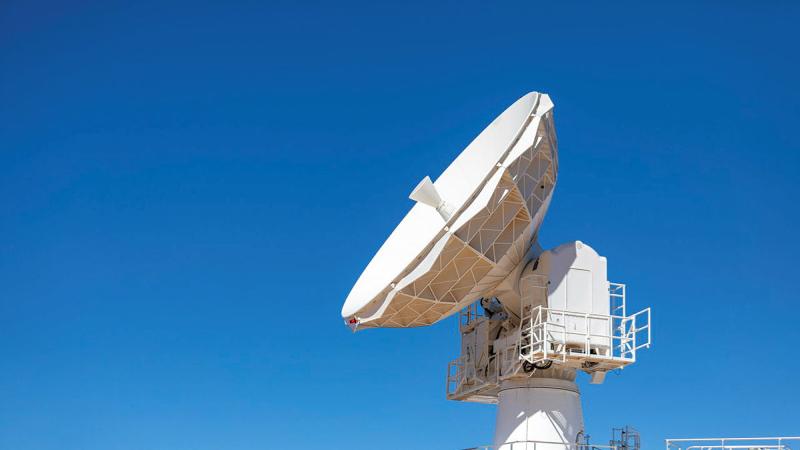An expert in the biogeochemistry of sea ice will take the helm of one of Australia’s flagship Antarctic research organisations, the Australian Antarctic Program Partnership (AAPP).
Professor Delphine Lannuzel, a chemical oceanographer at the Institute for Marine and Antarctic Studies (IMAS), has been appointed program leader of the AAPP.
“I feel incredibly honoured to step into this role,” she said.
“Because of the collaboration between partners such as the University of Tasmania, CSIRO, the Australian Antarctic Division and the Bureau of Meteorology, AAPP is uniquely placed to deliver the scientific knowledge needed to address some of the most pressing environmental challenges of our time.”

“I look forward to working with such a dynamic and talented team of technical staff, researchers and students,” said Professor Lannuzel.
Her research assesses the biological and physical drivers of both the iron and carbon cycles in Antarctic sea ice, and how changes in the extent of sea ice affect primary production in the Southern Ocean.
She was the first to report the high iron concentration in pack ice compared to ice-free waters, therefore highlighting the role of sea ice as a seasonal ocean ‘fertiliser’.
Iron is an essential trace element for the growth of microscopic marine plants known as phytoplankton. The more phytoplankton grow, the more primary production, and the more carbon may be stored in the deep ocean.
The core mission of the AAPP is to understand the central role of Antarctica and the Southern Ocean in the global climate system and the implications for marine ecosystems.
Professor Lannuzel’s appointment follows the leadership of Professor Nathan Bindoff at the AAPP since 2020.
Professor Bindoff has been awarded an Australian Research Council Australian Laureate Fellowship that commences in December, which aims to develop precision tracking of changes in the Earth’s climate system as it responds to emission reductions.
“My hearty congratulations to Delphine,” Professor Bindoff said.
“I’m very pleased and proud that the AAPP will be led by a scientist of Delphine’s calibre. Her appointment will maintain the pace of the AAPP’s activities and provide critical continuity in this ten-year research program.”
“We have planned a staged transition for Delphine taking on the program leader role. This transition will enable her to lead science at sea on the two-month-long Denman Marine Voyage early next year,” he said.
Executive Director of IMAS, Professor Nicole Webster, said she is excited to work with the next generation of science leaders at this critical time for Antarctica’s future.
“Delphine’s appointment is testament to the quality and depth of leadership potential in the Australian Antarctic research program.”
“It reflects the importance of harnessing the broad diversity of gender, career stage, and expertise in the research community to lead Australia’s Antarctic science agenda,” Professor Webster said.
Cover image: Professor Lannuzel and her
team conducting sea ice field work (AAPP)








